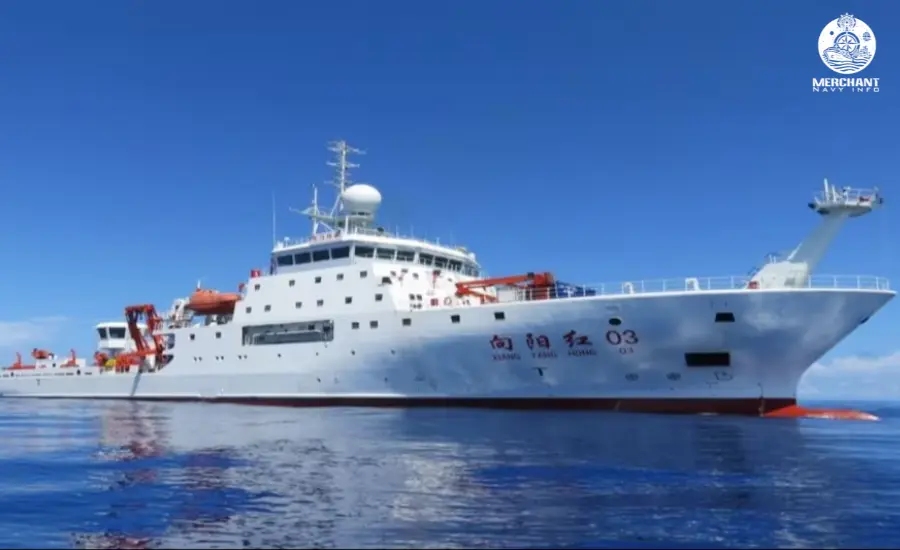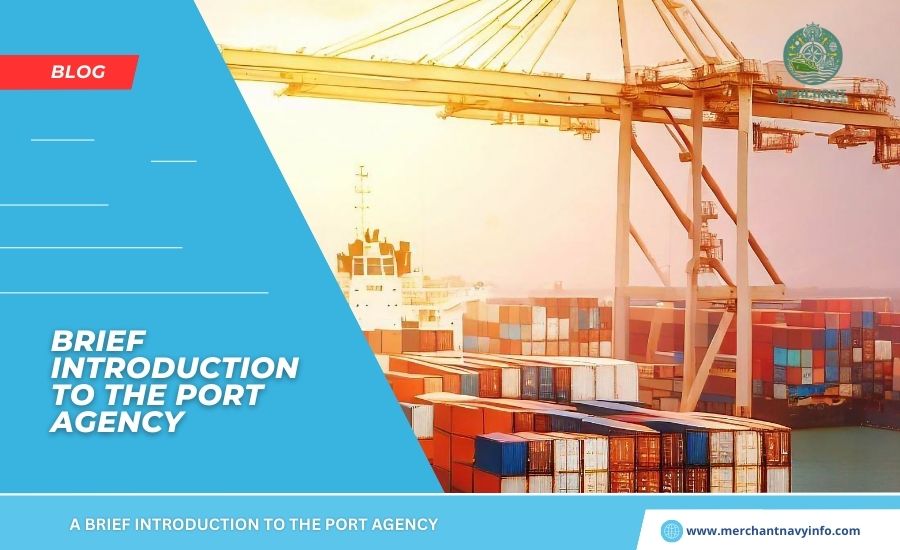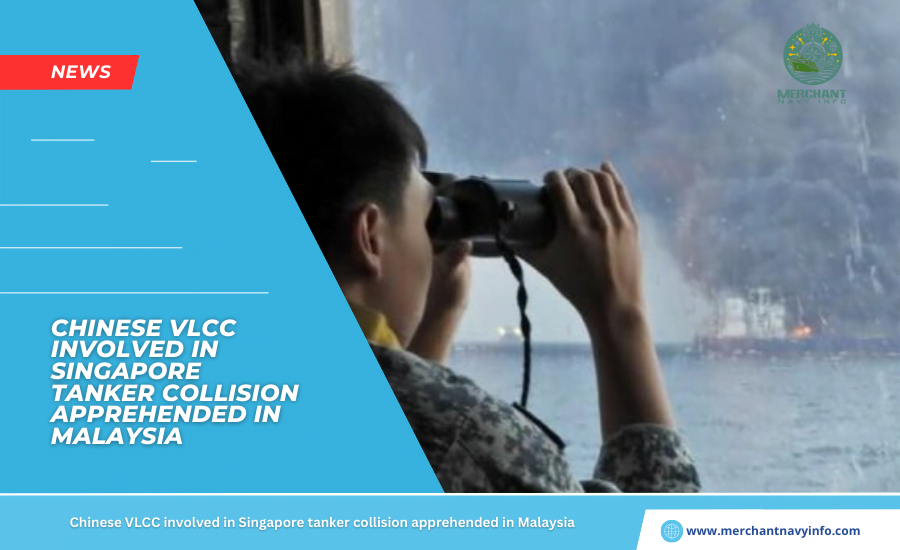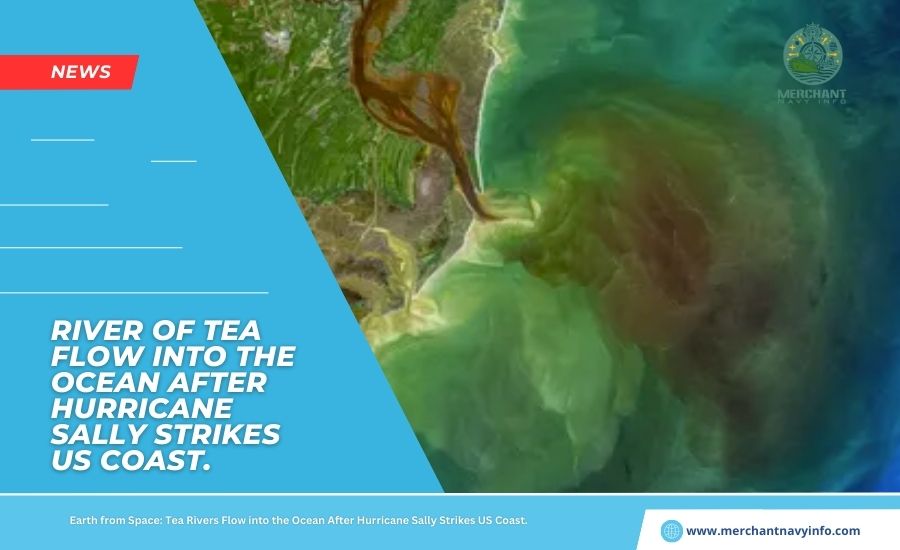
The ICG stopped the Chinese government vessel “XIANG YANG HONG 03” on its route in the Sunda Strait area on February 1, as reported by the US Naval Institute.
Maldives Foreign Ministry confirmed the report. They also said the Chinese vessel would not conduct research in Maldivian territory.
SUMMARY
- The Indonesian Coast Guard stopped a Male-bound Chinese research vessel. It had turned off its automated information system and was stopped for this reason.
- While traveling through the country’s waters, the research ship turned off the transponder thrice. It was get off between January 8 and 12
- The ICG did not attempt to board the Chinese ship. They asked them to leave the country’s exclusive economic zone.
The Indonesian Coast Guard (ICG) stopped a Male-bound Chinese research vessel. They were stopped as the ship had turned off its automated information system, Maldives-based Adhadhu reported on Sunday. The Indonesian authority’s move came after the ship. While traveling through the country’s waters, turned off the transponder three times between January 8 and 12.
The ICG stopped a Chinese government vessel named “XIANG YANG HONG 03” on January 11th in the Sunda Strait area. According to a report by the US Naval Institute. However, the vessel’s crew denied turning off the transponder, claiming that it was broken.
The transmitters of automatic identification systems automatically provide position, identification, and other information about the ship to all other ships and coastal authorities.
The ICG did not attempt to board the Chinese ship but asked it to leave the country’s exclusive economic zone, reported The Asia Times. As per international maritime law, all vessels navigating the archipelagic sea lanes in Indonesian waters must have working transponders.
Adhadhu reported that sites that track marine traffic showed the vessel’s location on February 1 in the Java Sea. Its present location was unknown.
The Center for Strategic and International Studies (CSIS) published a paper titled: “China’s Dual-Use Research Operations in the Indian Ocean. The paper mentions that China’s vessels go dark for hours or days near PLA installations.
“Behavior at sea can also raise red flags. Repeated instances of “spoofing” (providing falsified identification information) or “going dark” (turning off automatic identification system signals for extended periods) are important warning signs. Data from Windward reveals these activities occur frequently—sometimes near foreign military facilities,” the paper states.
The paper also says that China has developed the world’s biggest fleet of civilian research vessels to survey the Earth’s oceans. At the same time, these ships support scientific and commercial goals. It adds that they are also being used to advance Beijing’s strategic ambitions. Hidden Reach, a special initiative of CSIS, identified 64 active research and survey vessels. Moreover, Of the 64 active vessels, over 80 percent have demonstrated suspect behavior, the paper states.
On February 1, weeks after Maldivian President Mohamed Muizzu returned from China, Damien Symon, an open-source intelligence researcher, said China’s research vessel – XIANG YANG HONG 03 – was heading towards Male.
The Maldives Foreign Ministry confirmed the development a day after they stopped the ship. They clarified that the Chinese vessel would not be conducting any research on Maldivian territory. However, India’s geostrategist Brahma Chellaney said Male’s claim that the ship won’t conduct research was “absurd.”
“The Muizzu government claim that the PLA-linked ship would not conduct oceanographic research in the Maldivian waters is laughable as the Maldives has zero capability to detect such activity,” the geostrategist said.
Chellaney said China is actively mapping the Indian Ocean bed and collecting seismic and bathymetric data to facilitate submarine operations in India’s maritime backyard. “And the Maldives, under its new Islamist-leaning, pro-China president, is becoming an enabler,” he said.










